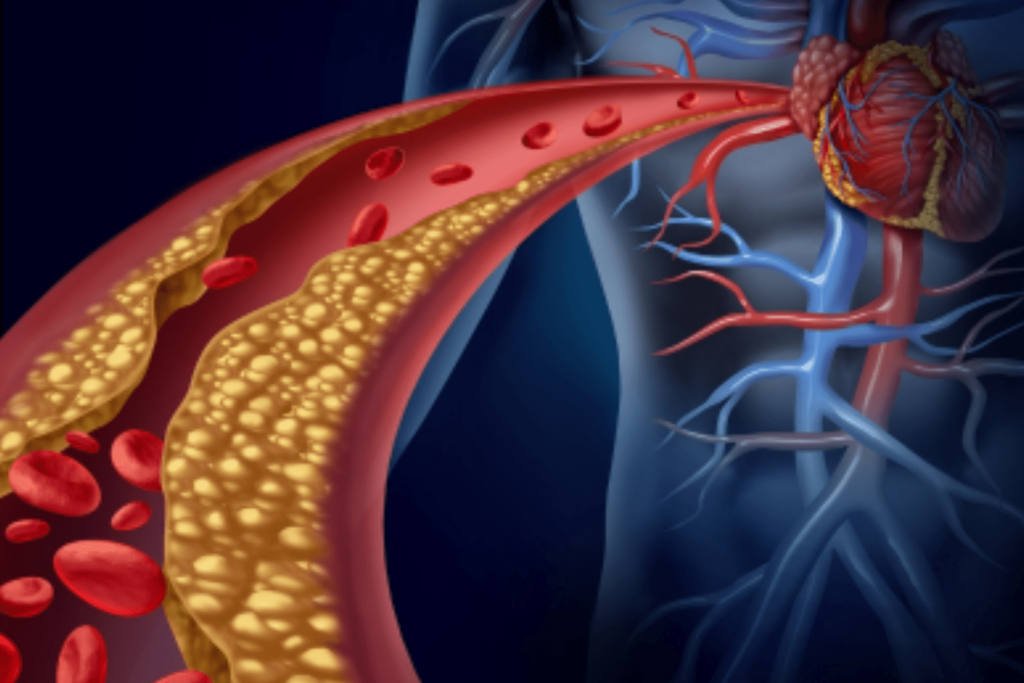Acids: The Key to Health and Performance Optimization
Amino acids are often referred to as the building blocks of life, and for good reason. These essential compounds play a fundamental role in various physiological processes within the human body, contributing to the maintenance of health and overall well-being, and are integral to the structure and function of cells, tissues, and organs. Liquivida®, a leading provider of health products and IV therapies, has unveiled a novel amino acid blend, capturing the interest of medical professionals and clients alike regarding the advantages offered by these essential building blocks for our bodies. Amino acids, the foundational components composing proteins and peptides, extend beyond the realm of muscle and protein formation, showcasing diverse roles such as neurotransmission, hormone synthesis, and participation in detoxification processes.
Liquivida®, a leading provider of health products and IV therapies, has unveiled a novel amino acid blend, capturing the interest of medical professionals and clients alike regarding the advantages offered by these essential building blocks for our bodies. Amino acids, the foundational components composing proteins and peptides, extend beyond the realm of muscle and protein formation, showcasing diverse roles such as neurotransmission, hormone synthesis, and participation in detoxification processes.
What Are Amino Acids?
Amino acids are organic compounds that serve as the building blocks of proteins. They are essential for various biological processes in living organisms, including the synthesis of proteins, enzymes, hormones, and neurotransmitters. Amino acids are composed of carbon, hydrogen, oxygen, nitrogen, and sometimes sulfur. There are 20 standard amino acids that can combine in different sequences to form a wide variety of proteins.
These 20 amino acids can be classified into three main types: essential, non-essential, and semi-conditional.
- Essential amino acids are crucial for the body and must be obtained through the diet, as the body cannot synthesize them.
- Non-essential amino acids are generally synthesized by the body.
- Semi-conditional amino acids become essential during times of increased stress, activity, or illness
Understanding the necessity of these amino acids in the diet is crucial.
Amino Acids: Multifaceted Functions
The role of amino acids extends beyond protein and muscle-related functions, encompassing various vital roles within the human body. A noteworthy function of these acids is their significant involvement in detoxifying environmental toxins to which individuals are exposed. For example, amino acids such as tyrosine and tryptophan contribute to neurotransmitter production, influencing mood and sleep. Furthermore, amino acids like cysteine, glutamic acid, and glycine play an integral role in the detoxification process, addressing environmental toxins.
Amino Acids: Essential Metabolic Pathway Contributors
Amino acids play a crucial role in metabolic pathways. They are involved in various metabolic processes, including energy production, biosynthesis of molecules, and regulation of cellular functions. Amino acids can be catabolized to generate energy through processes such as glycolysis, the citric acid cycle, and oxidative phosphorylation. Additionally, amino acids contribute to the synthesis of important molecules like nucleotides, hormones, and neurotransmitters. Moreover, they serve as precursors for the production of other biologically important compounds, including porphyrins, which are essential for hemoglobin synthesis. The interplay of different amino acids within metabolic pathways is integral to maintaining the balance and functionality of cellular processes in living organisms.
What Are BCAAs?
Many fitness enthusiasts emphasize the importance of various amino acids, often expressing the need for protein supplements containing BCAAs.
Branched-chain amino acids, namely isoleucine, leucine, and valine, are believed to play a crucial role in muscle formation. However, caution is advised as excessive BCAA supplementation may lead to insulin resistance issues.
Insulin resistance, akin to pre-diabetes or metabolic syndrome, affects a significant portion of our society. In insulin resistance, the body struggles to efficiently utilize insulin, requiring more insulin to bind to receptors and facilitate glucose uptake into muscle cells. Unfortunately, factors like dietary choices, toxin exposure, and vitamin deficiencies contribute to insulin resistance, making it an alarming epidemic that warrants collective efforts for improvement
What Foods Are Rich in Amino Acids?
- A diverse range of foods provides essential amino acids necessary for various bodily functions. Meats such as beef, chicken, and turkey, along with fish like salmon and trout, offer complete proteins.
- Eggs and dairy products, including milk, cheese, and yogurt, are rich in high-quality proteins.
- Plant-based sources such as legumes, quinoa, nuts, seeds, and soy products like tofu and tempeh contribute essential amino acids.
- Additionally, whole grains like brown rice and oats, when combined with legumes, offer a complete protein profile.
Including a variety of these foods in your diet ensures a comprehensive intake of amino acids, supporting overall health and well-being.
How Does Liquivida® Tailor Amino Acid Supplements for Peak Athletic Performance and Recovery?
For athletes, especially those involved in demanding activities like triathlons or professional sports, the consideration of amino acid supplementation becomes crucial for optimal recovery and performance. Among the amino acids, arginine, with its conversion to nitric oxide, plays a key role in overall performance and recovery time. Similarly, glutamine’s significance in muscle formation and the maintenance of muscle mass is vital for athletes.
At Liquivida®, our approach extends beyond a one-size-fits-all model. We conduct assessments of amino acids, micronutrients, B vitamins, and antioxidants, tailoring our recommendations to individual needs and deficiencies. The frequency of amino acid intake depends on factors such as the quality of the consumed food, digestive system health, and potential gastrointestinal issues. The personalized approach considers the unique makeup of each individual, addressing factors like digestive enzyme levels and small intestine health to optimize amino acid absorption. Understanding these variables enables athletes to determine whether they should incorporate amino acids more frequently into their routine, aligning with their specific needs and potential medical considerations.
Liquivida’s Advanced Approach and Unique Blend
Amino acids can be obtained through various means, including oral supplementation or incorporating them into one’s diet. However, some individuals may face absorption or gut issues, prompting alternative methods such as intramuscular, subcutaneous, or intravenous administration. In our Liquidlift® and performance hydration IV drips, we’ve developed an amino acid blend with notable components such as:
- Glutamine, abundant in muscles, is crucial for muscle formation and plays a vital role in gut function.
- Arginine, a favorite among cardiologists, contributes to nitric oxide production, promoting vascular health.
- Lysine not only aids in collagen formation for skin health but also plays a pivotal role in fatty acid metabolism and can be beneficial in treating herpes virus infections.
- Proline primarily supports skin health, emphasizing its importance in overall skin well-being.
Understanding the breakdown and benefits of these amino acids helps elucidate their role in enhancing endurance, aiding recovery, and contributing to overall health and vitality.
As a wellness expert, my favorite amino acid combination is GAC, which consists of glutamine, arginine, and carnitine. Another blend includes glutamine, arginine, ornithine, and lysine. I have personally used these combinations and found them effective in naturally boosting growth hormones. When considering anti-aging strategies and maintaining body composition, injectable amino acids, available in IVs, offer fantastic ways to enhance growth hormone levels naturally. From an anti-aging and longevity perspective, these amino acids are truly beneficial.
To know what IV Drip or a blend of amino is best for you, schedule a consultation with a licensed medical professional at Liquivida®.




